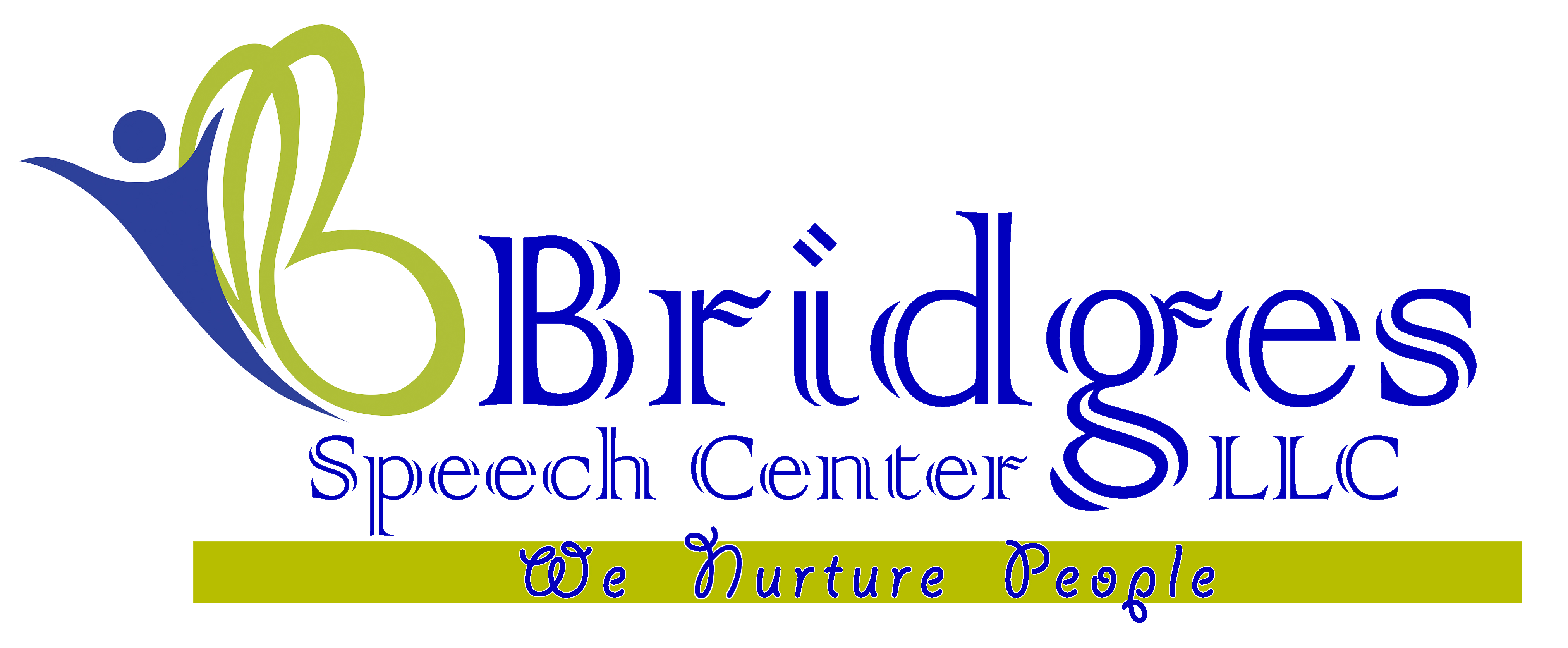Hearing your child struggle to speak can be upsetting for you as a parent. You might be wondering, “Why does my child stutter?” or “Will they get over it?” These are valid and common questions, and the good news is there is support, and there is hope.
At Bridges Speech Center, we specialize in helping children and families tackle speech and language challenges, including stuttering. Experience the best stuttering and stammering therapy program in Dubai at Bridges Speech Center, where expert therapists provide personalized care for lasting results.
Let’s explore the causes of stuttering, what all you can do to support your child, and how professional therapy can help your child speak with confidence. We also offer comprehensive stuttering and stammering therapy programs for adults. Now, let’s explore how our specialized approach can help kids find their voice with confidence.
Stuttering is a speech disorder where the flow of speech is disrupted by involuntary repetitions/prolongations of sounds, syllables, words, or phrases, as well as involuntary silent pauses or blocks during which the person who stutters is unable to produce sounds. The smooth flow of speech is disrupted in its various aspects and domains. Stuttering begins within a wide age range, but most commonly during early childhood. Although many studies show no onset after ages 7 or 8, others have reported a few cases that began during the teens. The youngest age for onset among the individuals being surveyed through various studies was 18 months, and the oldest was 13 years. As part of our speech therapy Dubai services, Bridges Speech Center provides tailored support to help children overcome stuttering and speak with confidence.
While every child is different, some common reasons a child might stutter include:
- Genetics: It is common for stuttering to run in families.
- Speech and Language Development: Fluency problems may arise in children whose speech and language abilities are developing quickly because of the strain the developing factors place on the brain.
- Neurophysiology: Research suggests that stuttering can also occur as a result of various neurological conditions such as stroke or head traumas.
- Psychological: Emotional trauma, a stressful event or sequence of events, or a psychological response to physical trauma can all cause stuttering.
- Normal Non- Fluency: It can be considered as part of normal speech. During the language learning years, between ages 3 and 5, most children go through a period of normal disfluencies.
Apart from the evidently observed fluency breaks, stuttering can come up with various learned behaviours such as eye blink, head nods, interjections, looking away from the listener or talking in odd inflections while the speaker attempts to terminate the stutter and finish the word.
Although there is no “quick fix” for stuttering, regular support and early intervention can have a big impact. Parents can take the following actions:
- Be Patient and Supportive:
Establish a relaxed and calm atmosphere for conversation. Allow your child to talk for a while and demonstrate your attention without correcting or completing their sentences.
- Don’t speak for your child:
Allow your child to complete their sentence. Don’t interrupt the child; instead, wait for him to finish speaking.
- Model Slow, Relaxed Speech:
Youngsters frequently imitate the speech patterns of adults. You can encourage your child to speak clearly and slowly by modeling this behavior yourself.
- Focus on “what they are saying,” not “how they are saying it”:
Pay attention to what your child is saying, not how they are saying it, instead of telling them to “slow down” or “say it again.”
- Reduce Awareness:
If your child is still not aware of his/her stuttering, don’t allow your reactions to the child’s stuttering to make them aware of it.
- Consider Speech Therapy:
It might be time to consult a speech-language pathologist if your child’s stuttering lasts longer than six months or if they exhibit avoidance or frustration.
At Bridges Speech Center, we understand that every child is unique. Our team provides individualized assessment and evidence-based therapy for children who stutter. We work closely with families to:
- Build confidence and resilience in children who stutter
- Teach strategies for smooth and fluent speech
- Generalization of the learned techniques across people/contexts
- Support parents with techniques they can use at home
- Monitor progress and revise goals as your child gets better
Our goal is not just to improve fluency but to help children feel empowered in their communication. An obvious improvement in the child’s speech can be achieved at Bridges Speech Center with the help of an experienced therapist, commitment, and focused guidance.
Although stuttering can be difficult, kids can improve greatly with the correct help. If you’re concerned about your child’s speech and wondering how to get over stuttering, know that you are not alone in this journey.
Bridges Speech Center is here to assist your child in finding their voice-confidently and precisely.
Are you prepared to arrange an assessment or find out more?
Get started on the path to more fluent speech by visiting the bridgesspeechcenter.ae or giving us a call right now.

